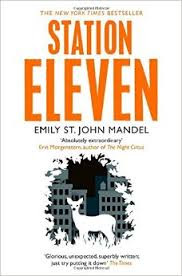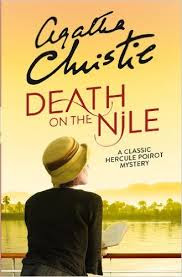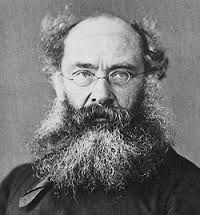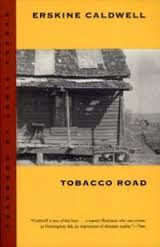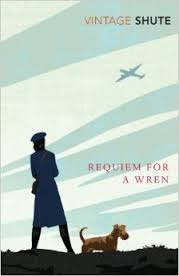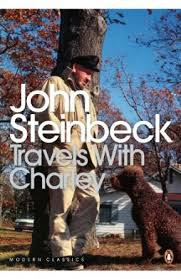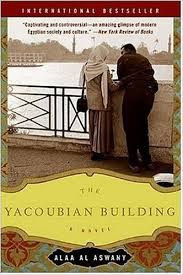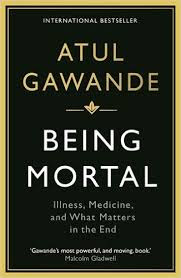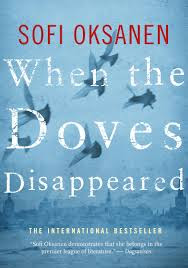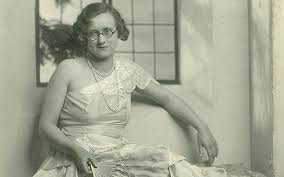These are the diaries of a woman from her adolescence to her old age. They are a record of her entire life, across 60 years. They are therefore almost impossible to review, being a comprehensive picture of a life as it was actually lived. I had a bit of a weep in Luxor airport after I’d finished all 700 pages. Not because she died in the end, obviously. This being real life and not fiction that was how it was always going to finish. It was also not really because of how she lived; she didn’t really achieve anything major. She was not heroic in the war. She always wanted to be a writer, but the one book published in her lifetime did not sell well and was remaindered. It’s the very ordinariness of her life that made this book so touching. At its heart was an extraordinary struggle to lead a life of meaning, which is at the heart I suspect of every life, however ordinary. We just don’t usually get a chance to get such a close up view of it.
The diaries start in 1925, when Jean is 15. She studies architecture and journalism in college, but has a small amount of inherited money, and so never really sets to any work with great seriousness. One of the fun aspects of the book is seeing how, as with everyone, Jean’s judgement of herself changes drastically day to day. Here she is:
For the sort of jobs I am after I lack, at the age of 33, experience.Oh God, those wasted years! If this is ever read by posterity, let posterity ponder on this: You cannot run away from life. If you try, life will only catch you in the end, and the longer you’ve been running the more it will hurt. Learn to be hurt as early as possible, welcome being hurt; face pain, humiliation and defeat in your teens; accept them, let them go through you, so that you cease to be afraid of them.
Then a day later she quotes from a letter from a friend: Lot of nonsense about your wasted years. No such thing if carefully analysed.
We can’t all be ready to make a spring off the board on leaving college. Think of all the advantages of the spirit you have had in the past years
.
It’s also enjoyable to be part of her private moments:
Alone again. Curtains drawn. Little cat out saying hullo to the new moon. Some woman drivelling on the radio.
Or the mix of her tiny life with the big world:
A light fall of snow and Japan’s declaration of war surprised us on Sunday night.
Jean never marries, and what she sees as a failure worries her very much for a large part of her life, though she is aware that she was of a generation where two world wars left too few husbands to go round. Weirdly it is only when the money runs out that she really starts to find contentment. She is forced to find an income, and so opens a book store. This draws her into the life of the community, and the happiest portion of her life is that after fifty. She gives up the idea of writing, she realises how much she likes to live alone, she develops a great love for her cats and for her garden – here she is on her gardening:
This sort of thing is what delights me and make me feel fulfilled – I am ‘creating’. A slow developer, but now at last coming into full flower. And to discover, you silly young idiots, that sex does not matter!! Shut up, you argumentative neurotic lot. One can live a full and joyful life without it and still stay reasonably unshrivelled and unembittered. Believe me!
I really recommend these diaries. They powerfully reminded me of that Alan Bennett quote, which is to the effect that when we read we feel a hand reaching out across history to touch our own; we read to know we are not alone.
